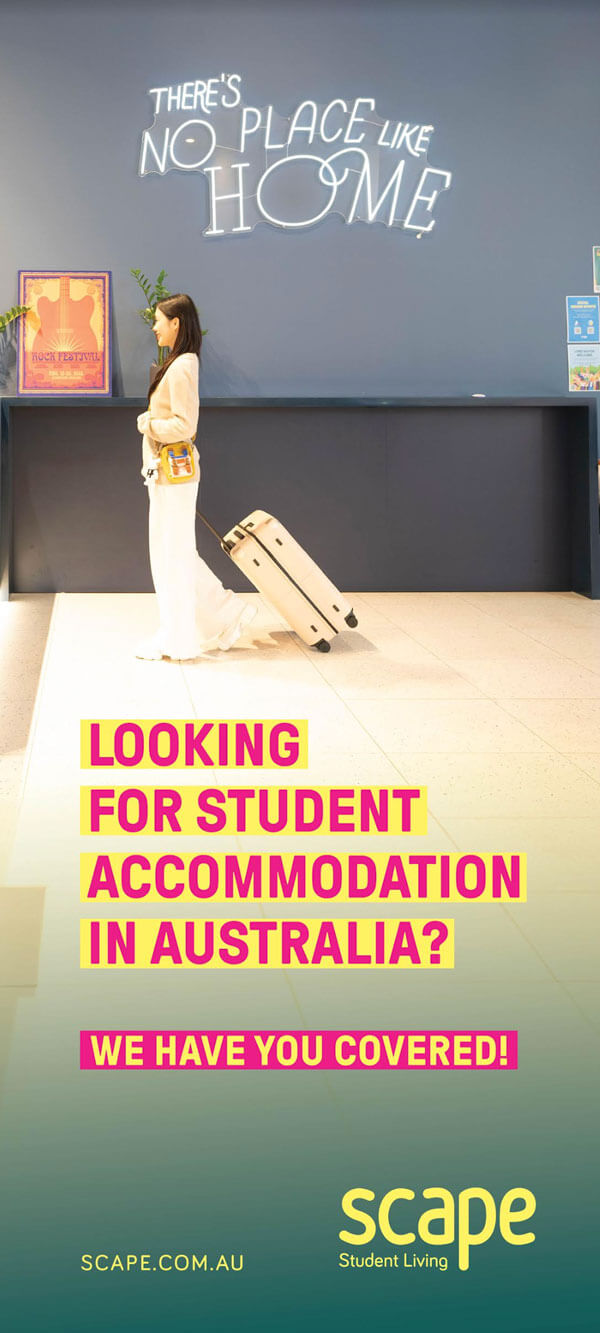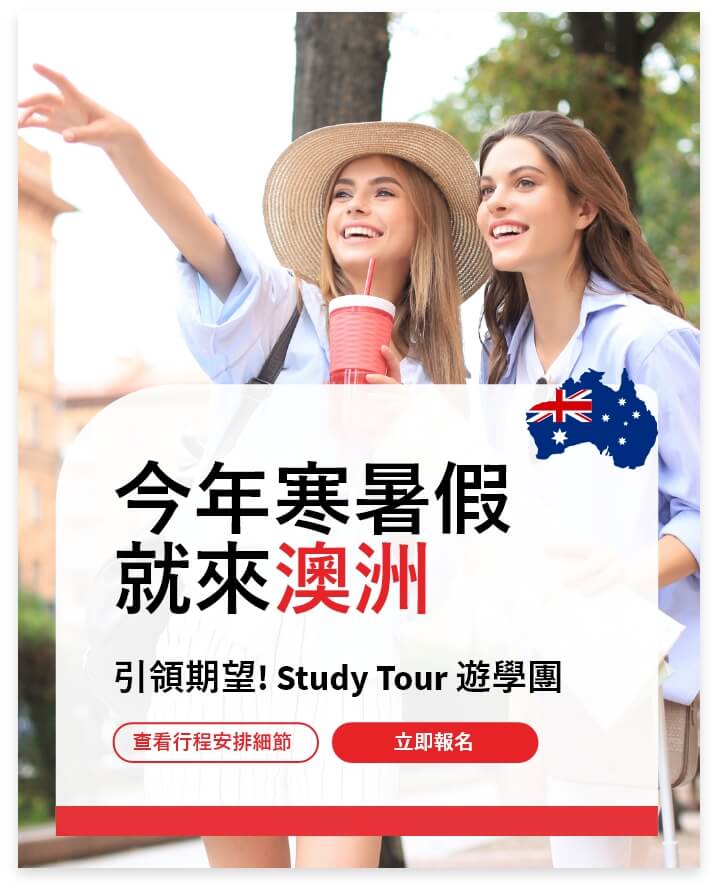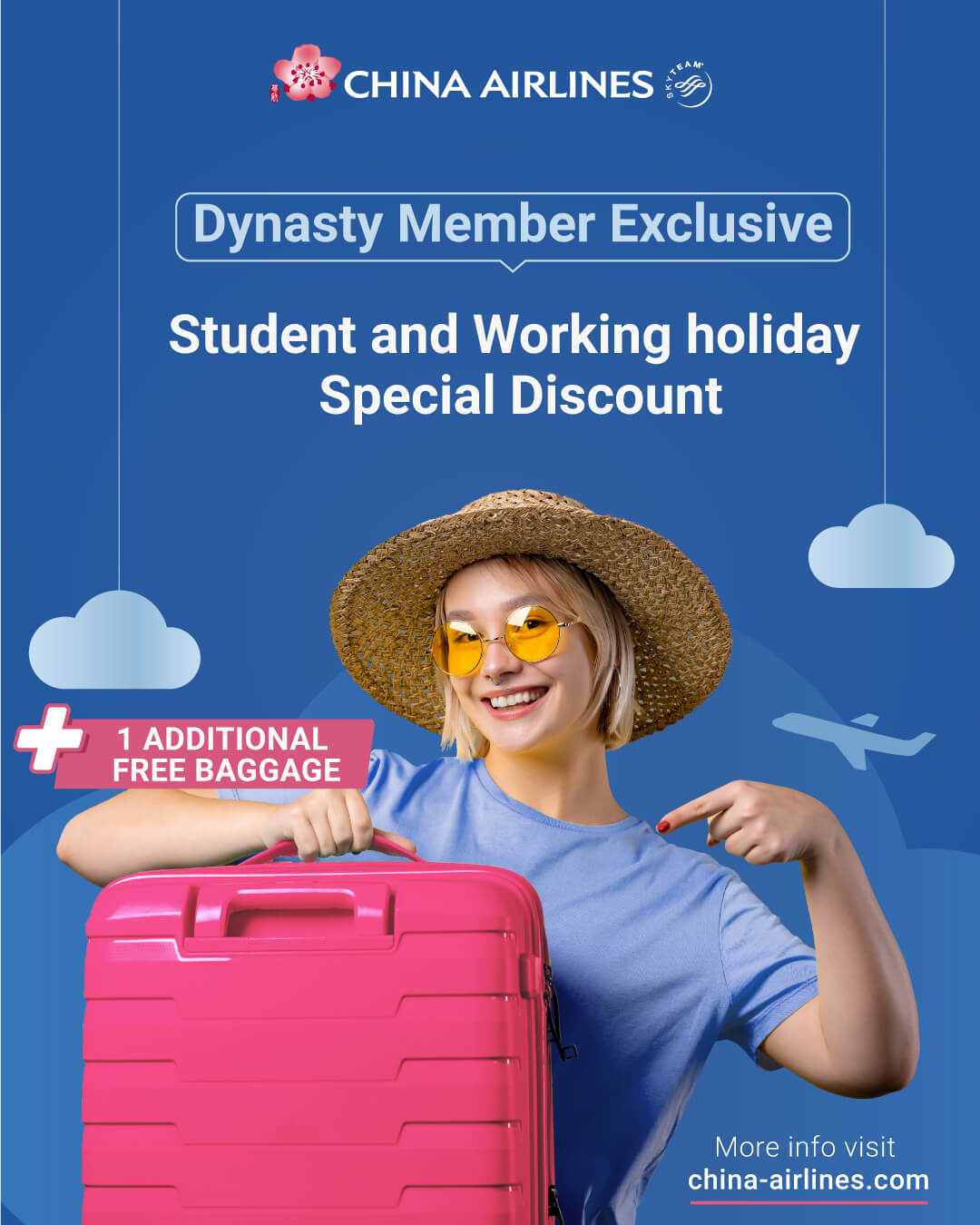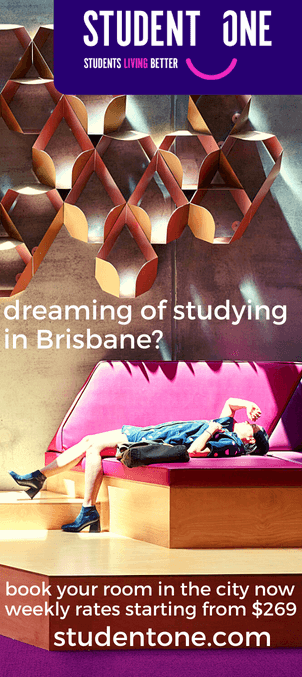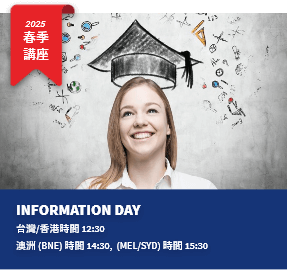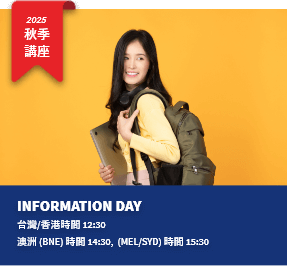What is Skilled Occupation List (SOL) & CSOL
If you are thinking of immigrating to Australia, you may have heard of either the SOL (Skilled Occupation List) or the CSOL (Consolidated Sponsored Occupation List).
These two lists outline the current Australian government requirements for people who want to come to Australia with a view to gaining Australian Permanent Residency (PR) via the General Skilled Migration (GSM) program.
In short, they are the set list of occupations currently deemed necessary for Australian economic growth and the needs of the Australian labour market. The program is run by the Department of Immigration and Border Protection (DIBP).
There are a myriad of visas available, so the following will help you decide which list you will need to consult to decide if you are eligible and what kind of visa you can apply.
Skilled Occupations List (SOL)
The Skilled Occupations List (SOL) is where you need to go to if:
- You are applying for an Independent or Family Sponsored Points Tested visa or a Temporary Graduate visa.
- You have experience in a trade, occupation, or profession listed on the SOL and are making your application without company or government sponsorship from Australia.
- If you have completed your studies in Australian and have a temporary 485 visa graduate and your occupation is on the SOL list, or if
- You have family here and want to sponsor another family member under the Family Sponsored Points test.
Following factors will help the SOL application ready:
- Commonly a skills assessment test is required as part of your visa application. If this is the case, you will need to contact the relevant testing authority to organise this test. The testing authority will provide you with all the relevant paperwork and will help you with any questions you may have about the assessment process.
- Please note that the assessing authorities charge for the assessment.
- You also need to keep checking the DIBP website as the lists of acceptable occupations are subject to regular changes.
Consolidated Sponsored Occupations List (CSOL)
There are several other categories of skilled migration where you will need to prove your eligibility from the Consolidated Sponsored Occupations List.
Look at occupations from the CSOL if you are:
- Nominated for a visa by an Australian state or territory government.
- Sponsored for migration by an Australian company.
- Making application for temporary work (skilled) 457 visa, or
- Will be completing a training and research visa application 402.
- As with applying for a SOL visa, application for a CSOL visa requires a skills assessment. You will need to contact a relevant assessing authority who will provide you with all the necessary paperwork and associated information for your assessment.
It is worth your time to pay a visit to the Skills Select web site. Here you will find a handy comparison chart setting out the requirements for application criteria of the many different visa types available for those seeking skilled migration to Australia.
Australia is divided into six independent states and two territories. It is a geographically diverse country. If you are thinking of migrating to Australia you will need to do some research into each state and territory to help you make an informed decision as where to study and eventually settle. Each state and territory has different criteria for SOL. Click on these links for more information
General Skilled Migration (GSM)-
General Skilled Migration (GSM) is completely different and far more complicated process, compared to securing a study visa.
Approval for GSM is reliant on your score in a Points Test, your age, passing suitable skills assessment for your occupation and competency in English. Studying in Australia does not guarantee your approval for GSM.
As an international student, there are some minimum requirements you will need to meet before you can apply for GSM:
- The Australian Study Requirement means you must have an Australian qualification that you gained Australia – not by online or distance study. This qualification needs to be as the result of at least two years of study. This can be from studying multiple courses.
- You must be aged between 18 and 49.
- There is minimum English language proficiency required of IELTS score of 6, or equivalent.
- Migration into Australia is dependent upon the employment needs determined by the Australian government; therefore, you have a much better chance if your area of study is in a high-demand area listed on the Skilled Occupation List (SOL). Good choices for study include areas such as such as health, education and many trades.
- If your nomination comes from an Australian state or territory government, your occupation must come from the Consolidated Sponsored Occupations List (CSOL). Review the list to see if your area of study appears, and to check the details of approved skill assessors.
- More information can be found on the Skilled Occupation Listspage of the DIBP website.
There are several other things that you can do to help you, as an International Student, to improve your chances of a successful application for a GSM visa:
- While you are studying, try to find some work in your chosen field. As little as one year of work experience in conjunction with your studies (and any previous work overseas in your chosen field before commencing your studies) can help you to increase your score.
- If you can stay in Australia after finishing your studies, you will have more time to improve your English language expertise. You may be able to enhance your work experience by applying for Temporary Graduate Visa (Subclass 485). Both of these will help you work towards boosting your score in the Point Test.
- Further education. Upgrading your Diploma to a Bachelor degree, or building on your undergraduate degree with a Masters -can help you build your score on the Point Test. Trade qualifications and Diplomas are worth 10 points, but an undergraduate degree will give you 15, and a PhD 20.
- Keep working on our English Language skills. If you can increase your IELTS score from 7 to 8, you will improve your Test score from 10 to 20.
- Australia is a geographically large country with plenty of good university and study opportunities even outside the capital cities. If you choose to study in any one of a number of excellent regional centres, you will not only stand a greater chance of being accepted into the more highly sought after courses, you will also be eligible for an additional five points.
- Finally, a Professional Year Program is also something to consider. This is a structured professional development program that combines learning and workplace experience. If you complete this option you will not only have all-important Australian workplace experience on your resume, but you will also be eligible for an extra five points. Please note that the work experience must be either directly in your field of study, or in a closely related discipline.
After reading all this information you would be right in thinking that applying for skilled migration to Australia is a daunting task; there are so many steps to go through. With the time, effort, and associated costs involved with assessments, it is not an easy process.
At AMEC, we have more than 15 years of experience helping more than 20,000 immigrants from all over the world navigate their way through the maze – applying for skilled migration visas. Our professional team have the experience to make sure that your application process is seamless, effortless and cost effective. Contact us today to get your visa application process underway.
Liked this video?
Subscribe to channel AMECLatest Articles
- Career Path
- Living in Australia
- Migrate to Taiwan
- Migration News
- Study Options
- Testimonials
- Travel in AUS

